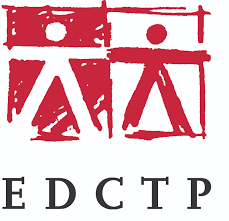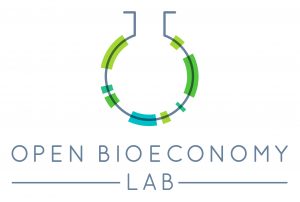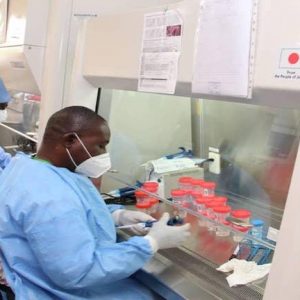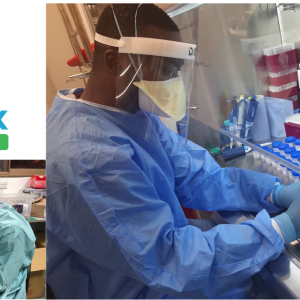AfriDx: Building infectious disease diagnostic capability in low- and middle-income countries
Management of people movement, containment of disease spread, and care of the ill requires correct diagnosis of COVID-19 and information about the persons stage in the disease pathway. This project will provide reliable diagnostic systems for the clinical diagnosis of COVID-19 in Africa from first infection through to recovery and immunity. The diagnostics will be developed to become manufactured locally in low resource environments, without major capital investment, using unique biological reagents produced in Africa.
To deliver these aims and objectives we will:
- Conduct a trial of a prototype POC LAMP (PATHPOD) for detection of viral RNA (SARS-Cov-2) in the COVID testing laboratories in Ghana
- Develop a production process for local manufacture in Ghana of the required biological materials at low cost and produce a version of PATHPOD in Africa for Africa (the AfriDx)
- Screen and isolate scFv’s for a serology antibody titre test, to produce an immun oassay (AfriMx) for late stage infection and post infection immunity
- Train skilled and minimally skilled personnel to understand and perform testing
- Connect with local enterprise in Ghana and develop a plan for exploitation and the route tomarket for the low cost AfriDX and AfriMx diagnostics.
NMIMR, KCCR are supporting the frontline of SARS-Cov-2 testing in Ghana using RT-qPCR. Their capacity is ~1500 tests/day and they seek a faster lower cost solution without compromise in accuracy or precision. RT-qPCR is slow, and the costs (typically >$10/test) are not sustainable for long term testing. Point of care (POC) diagnostics are only achieved in Africa with significant external grant-aid support. The average annual expenditure on health in low-income countries is <$40 per capita. Local production capabilities are therefore a vital component of any solution as exemplified in May 2019 when WHO, UNIDO, UNCTAD, UNAIDS, UNICEF and The Global Fund released a joint statement promoting local production of medicines and health technologies.
This project will give sub-Saharan Africa the technology, tools and training which will strengthen its capacities to manage outbreaks, both directly and through improved in country manufacturing capability for healthcare diagnostics. Socioeconomic longterm independence from external grant aid to supply diagnostics and development of a local manufacturing infrastructure will emerge.
Project Team
Funded by








